Best movies like Before Him All Rome Trembled
A unique, carefully handpicked, selection of the best movies like Before Him All Rome Trembled Starring Anna Magnani, Tito Gobbi, Hans Hinrich, Gino Sinimberghi, and more. If you liked Before Him All Rome Trembled then you may also like: The Monster of the Opera, The Night of the Shooting Stars, Rome, Open City, Abandoned, Caesar Must Die and many more popular movies featured on this list. You can further filter the list even more or get a random selection from the list of similar movies, to make your selection even easier.
An opera singer hides an American soldier in his house in Nazi-occupied Rome.
You may filter the list of movies on this page for a more refined, personalized selection of movies.
Still not sure what to watch click the recommend buttun below to get a movie recommendation selected from all the movies on this list
The Night of the Shooting Stars
The Night of San Lorenzo, the night of the shooting stars, is the night when dreams come true in Italian folklore. In 1944, a group of Italians flee their town after hearing rumours that the Nazis plan to blow it up and that the Americans are about to arrive to liberate them.
Rome, Open City
During the Nazi occupation of Rome in 1944, the leader of the Resistance is chased by the Nazis as he seeks refuge and a way to escape.
Abandoned
A group of rich young intellectuals hiding from the war in rural Italy play at being partisans when some disbanded soldiers and some refugees ask them for shelter in their villa. The young and aristocratic Andrea strikes up a friendship with a peasant girl, Lucia. Then the Germans suddenly appear, looking for the real partisans, and the time comes for serious decisions.
Caesar Must Die
Inmates at a prison in Rome rehearse for a performance of Shakespeare's Julius Caesar.
The Conspirators
Rome, 1825. Bishop Rivarola (Tognazzi) and colonel Nardoni (Salerno) are in charge to suppress liberal revolution. Shoemaker Cornacchia (Manfredi) got the information that the liberal Filippo Spada (Ekland) is a spy and is going to denounce his revolutionary companions.
General Della Rovere
The Gestapo forces con man Victorio Bardone to impersonate a dead partisan general in order to extract information from his fellow inmates.
The Secret of Santa Vittoria
During World War II, Italian villagers hide their wine from the German army.
The Two Marshals
September 1943: in the general confusion a thief dressed as a priest and a sergeant exchange clothes and roles.
Baciami piccina
7th September 1943. The honest and reliable carabiniere Umberto is sent to escort the flamboyant con man Raoul Nuvolini from Terni to Venice. Umberto's fiancée Luisa follows him against his will.
Corbari
The real story of the partisan Silvio Corbari. He starts his career killing publicly one of his friends that was a fascist. Than, he set up a band of partisans in north Italy, completely independent from the Italian organized resistance (CLN). Ines, leave his husband to join the band and became Silvio's lover. Silvio Corbari succeeded also to set up a free-zone, his personal republic, independent from the Nazi occupied Italy, in a little village called Tregnano. But the opponent Nazi-Fascist army is too much for any kind of resistance, especially if not included in the organized CNL. All his partisan friends are captured and sentenced to death, Ines, close to be captured, suicides. Corbari, even if survives to a first hanging, can't escape to a second one. After WWII he deserved a gold medal to the memory from the Italian Republic.
Square of Violence
Set in Italy, the story takes place in this very country, during WW2, where German occupation army ruled everything, just before the allied forces came, in 1944. Crawford plays here a doctor whose son has been shot by the Germans. Of course he has no more taste in life. He continues his work as a German officers' physician. One day, he throws a bomb just in the middle of German troops. Many soldiers and officers are killed. Some time later, the lead officer of the Nazis troops suspects the doctor to be the responsible of the explosion. He lets him know that he himself knows...
Two Anonymous Letters
When her sweetheart Bruno joins the Italian army, Gina, bored by her lack of social life, weds Tullio. She comes to regret her decision when Tullio proves to be a Nazi collaborationist. Casting her lot with the Resistance movement, Gina is forced into a difficult decision when the safety of ex-lover Bruno is endangered by the treachery of Tullio.
The Fallen
Northern Italy, Autumn 1944, the last days of World War II. Germans and Italians try to defend the Gothic Line and fight the partisans who support the inexorable advance of the US Army.
Chetniks!
Subtitled The Fighting Guerillas, Chetniks tells the story of Yugoslavian guerilla fighter General Draja Mihailovitch. Based on the General's own memoirs, the film depicts Mihailovitch (played here by Philip Dorn) as a selfless idealist, leading his resistance troops, known as the Chetniks, on one raid after another against the Germans during WW II.
Sins of Rome
74 B.C. Somewhere in the Roman Empire, Spartacus, a young officer, is condemned to be a slave because he hit a superior. Brought back to Roma in a gladiators' school, he escapes and stirs up all the slaves in a revolt against the Roman Empire.
The Last Four Days
In 1945, the dictator of fascist Italy and Hitler's close ally Benito Mussolini faces defeat. In a desperate attempt to avoid capture, he tries to flee the country with his lover Claretta Petacci, but Italian partisans are on their tail.
The Fascist
1944. Primo Arcovazzi is a fanatical and dim-witted Fascist Party militiaman who accepts to escort an opponent of the regime to Rome in the hope of be promoted—still oblivious as ever to the nearing end of the regime. Travelling by sidecar through an Italy ravaged by war, the two will manage to build up some kind of comradeship in spite of their differences.
Everybody Go Home!
When Italy surrenders to the Allies, part of the Italian army is dispersed and soldiers begin to return to their homes.
The Pigeon That Took Rome
An American Infantry officer assigned to a cloak-and-dagger role in Rome uses homing pigeons for outside contact, with humorous results.
March on Rome
March on Rome (Italian: La marcia su Roma) is a 1962 comedy film by Dino Risi with Vittorio Gassman and Ugo Tognazzi, aimed at describing the March on Rome of Benito Mussolini's black shirts from the point of view of two newly recruited, naïve black shirts
Two Colonels
In WWII Greece, two enemy Colonels, one Italian and the other English, develop a grudging friendship which the war will test.
Rome: Free City
In a post-war Rome (1946) a cat burglar inadvertently saves the life of a would-be suicide man who returns from the war to find that he has been betrayed by his fiancée while fighting in the war. From that moment the thief takes the ex-soldier under his wing. They leave house together for a night full of misadventures. In a streets of Rome they meet the struggling typist who can’t pay her rent and opts to street life; a wandering amnesiac who lost his memory and keeps asking everyone “Do you recognize me?”. Thieves, gamblers, hookers, policemen, soldiers and endless chain of cigarette-smoking and alcohol/espresso-drinking.
Massacre in Rome
In the Nazi occupied city of Rome, an assault on an SS brigade draws retaliation from the military governship. "Massacre in Rome" is the true story of how this partisan attack led to the mass execution of Italian nationals under the orders of SS-Lieutenant Colonel Kappler.
The Four Days of Naples
September 1943. After Italy surrenders to the Allies, most people in Naples believe the war is finally over, but soon realize Germans are still in control—and as ruthless as ever. Armed with makeshift weapons, the Neapolitan civilians spontaneously rise up en masse against their occupants—and overwhelming odds, driving them from the city after four days of fighting.
The Hunchback
Alvaro Cosenza, also known as the Hunchback from Quarticciolo, during Rome's occupation by Nazis in 1943, decides to revolt.
From the Clouds to the Resistance
'Dalla nube alla resistenza (From the Cloud to the Resistance ) (1978), based on two works by Cesare Pavese, falls into the category of History Lessons and Too Early, Too Late as well. It, too, has two parts—a twentieth-century text and a text regarding the myths of antiquity, each set in the appropriate landscape. Pavese's The Moon and the Bonfires looks back on the violent deaths of Italian anti-Fascist resistance fighters; Dialogues with Leucò is a series of dialogues between heroes and gods, connecting myth and history and returning to an ambiguous stage in the creation of distinctions, such as that between animal and human, which are fundamental to grammar and language itself. Such a juxtaposition of political engagement with profoundly contemplative issues such as myth, nature, and meaning points to the characters of Empedocles and Antigone in the Hölderlin films.' (From "Landscapes of resistance. The German Films of Danièle Huillet and Jean-Marie Straub" by Barton Byg)
Red Shirts - Anita Garibaldi
The story of Giuseppe Garibaldi's 1849 campaign to free Italy from Austrian domination.
Johnny the Partisan
After the 8th September 1943 north of Italy is occupied by Germans. Italian army collapsed and the soldiers are escaped to the mountains trying to set up a resistance. Many civilians did the same and Johnny, an English literature student, is among them. Johnny avoids to band together the red partisans (communists) and tries to be part of the azure bands (former regular soldiers). But in both cases he is deluded by the partisan bands and discovers that the partisan war is less poetic and genuine that he thought. At one point anyway the partisans free Alba from Germans. When the city falls again in German hands Johnny escape with Ettore and Pierre. But, one after another, German army and Italian fascists captures the partisans and Johnny will pass the winter alone and isolated. He then finds the way to participate to one of the last attack to occupants, in fact the war will be over two months later.
A Day for Lionhearts
September the 8th 1943, Rome, day of the armistice. Danilo escapes the fascist enlist, while Michele succeeded to leave his administration moving from Rome. On the way to come back Rome the two meets Gino and all together will try to pass trough the Gothic Line.
Men or Not Men
In Milan, in the winter of 1944, the ruthless Cane Nero leads the fascists against the partisans. Enne 2, one of the leading figures of the C.N.L., meets Berta, whom he loved three years ago, but Berta refuses to leave her husband for him. Enne 2 is pursued by the fascists of Cane Nero and, instead of running away to Turin, waits for Berta to rejoin him
We Like It Cold
A farcical account of the happenings in Rome in 1943 when the allied army and the partisans fight the nazis.
La grande quercia
In 1943, Vincenzio and Maria take their children to his father's Tuscan farm. Vincenzio commutes to Rome where he's a physician and, in the hospital basement, prints an anti-Fascist paper. His brother is in the Resistance; his father supplies food to a local monastery where 12 fugitives hide. All is seen through the eyes of the oldest child, Paulo, who's about 7 and the only lad at school who doesn't wear a Fascist Youth uniform. For Paulo and his siblings, it's great fun playing with their nonno, finding herbs in the fields, watching a maid's tryst with a soldier, teasing a silent monk. Then the war reaches the farm when Italy surrenders and the Germans exact revenge.
Ten Italians for One German
A cinematographic account of the reprisal ordered by the ruthless Austrian colonel Kappler in 1944 in Rome. In Via Rasella (Rasella Street) ten Italian civilians were sentenced to death for each German soldier killed in a partisan attempt.










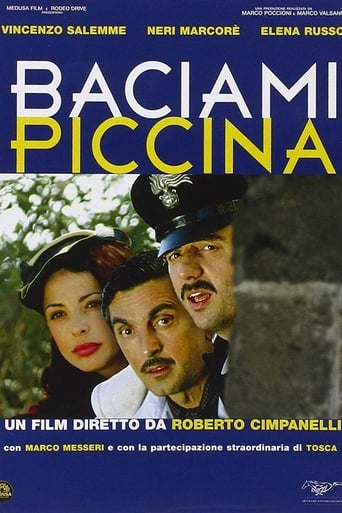









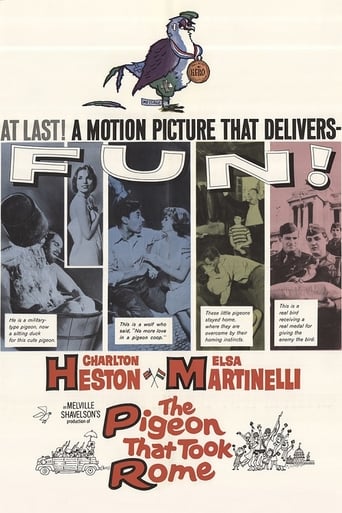
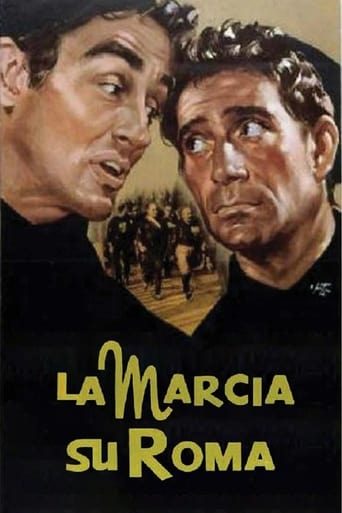







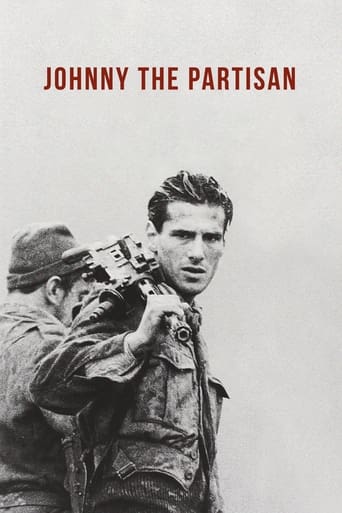






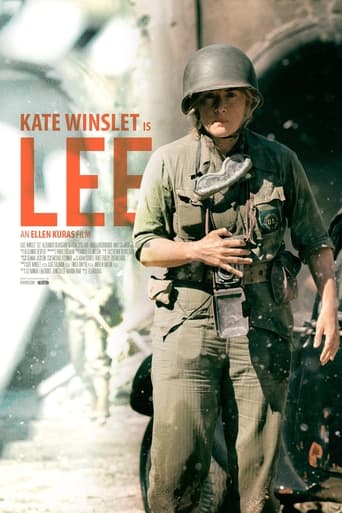
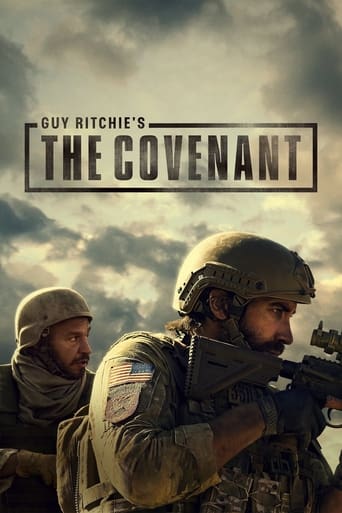

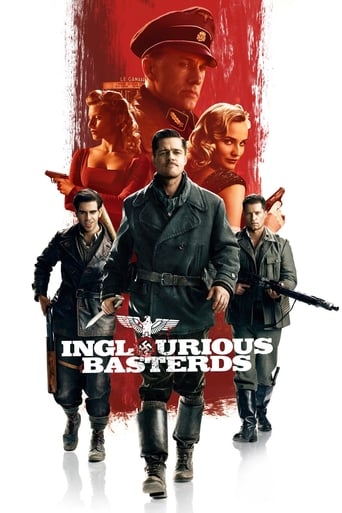
The Monster of the Opera
A theater troupe's young, energetic leader has secured an old theater in which to produce his new production. The theater's elderly caretaker urges the group to leave at once. A vampire is awakened and discovers that one of the troupe is the reincarnation of the woman who he once loved.